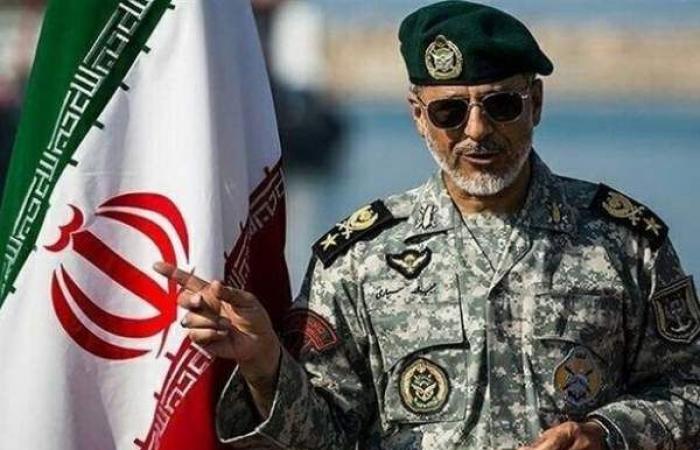Syria: why does Iran accuse Israel and the United States of worsening the crisis?
The recent escalation in Syria has reignited geopolitical tensions, with direct accusations from Iran towards the United States and Israel. According to Tehran, the advances of rebel groups in Syria, particularly in the provinces of Aleppo and Idlib, are the result of deliberate coordination between Washington, Tel Aviv and jihadist groups like Hayat Tahrir al-Sham (HTS) .
In late October, HTS, a predominantly Sunni rebel coalition, carried out a lightning offensive, taking control of large territories, including strategic areas of Aleppo. This rapid advance surprised the Syrian regime and its Iranian allies, forcing them to mobilize reinforcements to contain the advance towards Hama, a key town on the road leading to Damascus. Although the rebels are now curbed at the gates of Hama, Iran immediately reacted by denouncing a “conspiracy” orchestrated by the United States and Israel.
According to Abbas Araghchi, Iran's foreign minister, the rebel attacks are synchronized with developments in Lebanon, including a ceasefire between Israel and Hezbollah. For Iran, this coordination between regional events and military offensives in Syria would be proof of collusion between Tehran's “traditional enemies”: Israel and the United States.
The supposed objective? Destabilize the Syrian regime and weaken pro-Iranian forces, notably Hezbollah, in a broader strategy aimed at isolating Iran. Araghchi stressed the importance of the regional context, saying that Hezbollah's defeat by Israel would have encouraged rebel groups to launch their attack.
Although evidence of direct Israeli or US involvement in the HTS offensive is absent, Iran insists on a shared desire to “profit from the chaos” in Syria. For Tel Aviv, however, the situation is a source of concern. The vacuum left by a weakening of the Syrian regime could be exploited by pro-Iranian militias, creating a direct threat on its borders.
As for the United States, its presence in eastern Syria, alongside the Kurdish-majority Syrian Democratic Forces (SDF), mainly aims to fight the Islamic State (IS). But for Iran, this presence constitutes a strategic obstacle, which it seeks to remove by using the current crisis as leverage.
In this context, Ankara appears as a potential partner for Tehran. Turkey, which considers the Kurds a threat, shares the Iranian objective of seeing the SDF weakened. Taking advantage of the HTS offensive, Turkey has intensified its own actions against Kurdish forces in Syria. This convergence of interests could strengthen the alliance between Iran, Turkey and Russia within the framework of the Astana peace process.
Araghchi confirmed discussions with Syrian President Bashar al-Assad and ongoing consultations with Turkey and Russia. A meeting of foreign ministers from the three countries is planned in Doha, a sign of a desire to further coordinate their efforts to stabilize the Syrian regime and repel foreign influences.
For Iran, accusing Israel and the United States of being behind the escalation in Syria is as much a communications strategy as it is an attempt to legitimize its interventions on the ground. By pointing the finger at “external conspirators”, Tehran hopes to strengthen its regional support and justify its military presence in Syria.
However, the situation remains fragile. Any further escalation could lead to direct confrontation between the opposing forces, turning Syria into a battleground for foreign powers with divergent interests. For now, Iran appears determined to defend its positions, while Israel and the United States carefully monitor every move.
In this multifaceted war, the search for balance remains a major challenge for all the actors involved. The slightest misstep could cause an explosion of violence with unpredictable consequences for the region and beyond.
Jforum.fr
 |
I like this:
I like loading…
The JForum editorial team will automatically remove any anti-Semitic, racist, defamatory or insulting comment, or which contravenes Jewish morality.
- -







